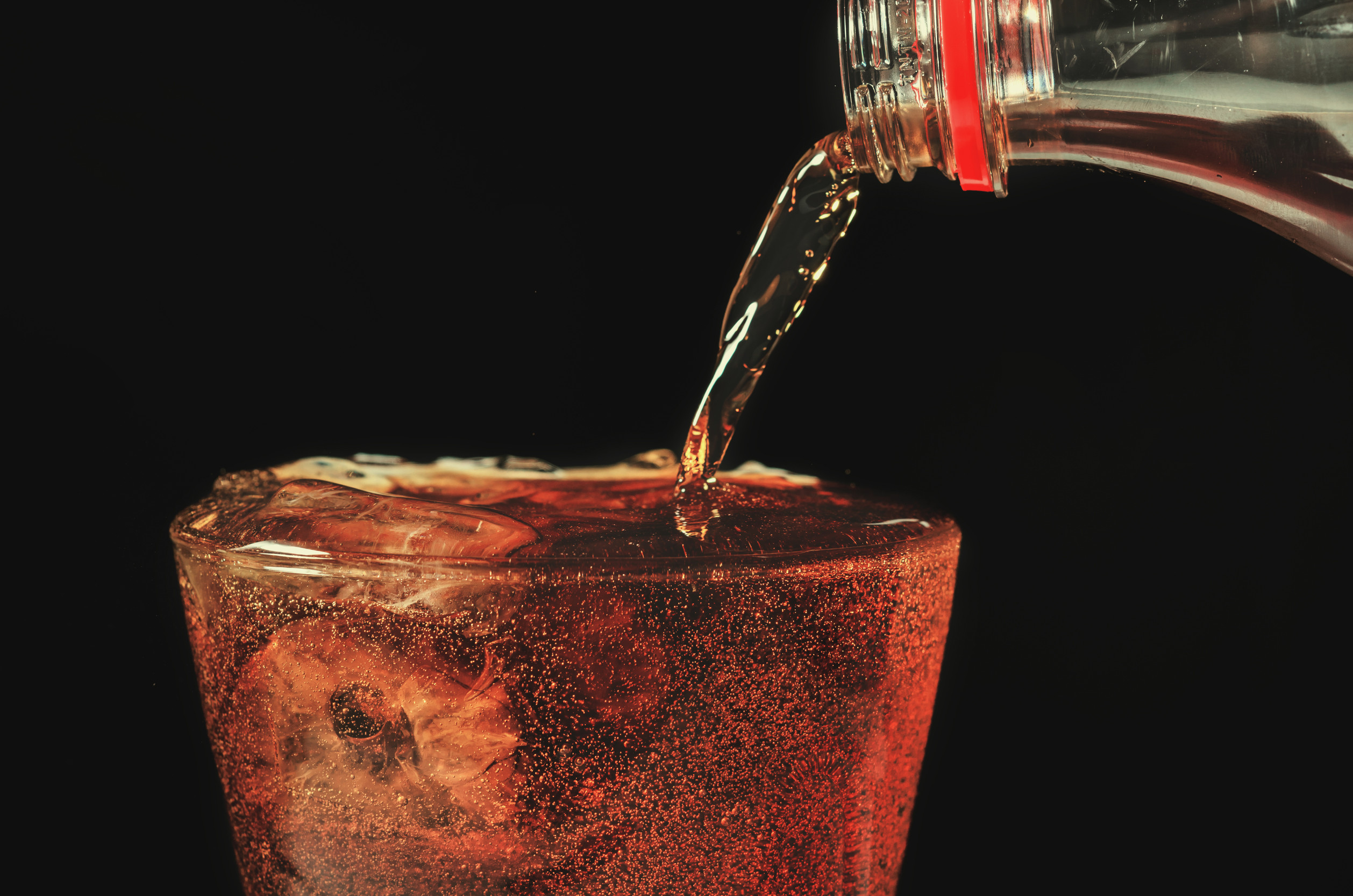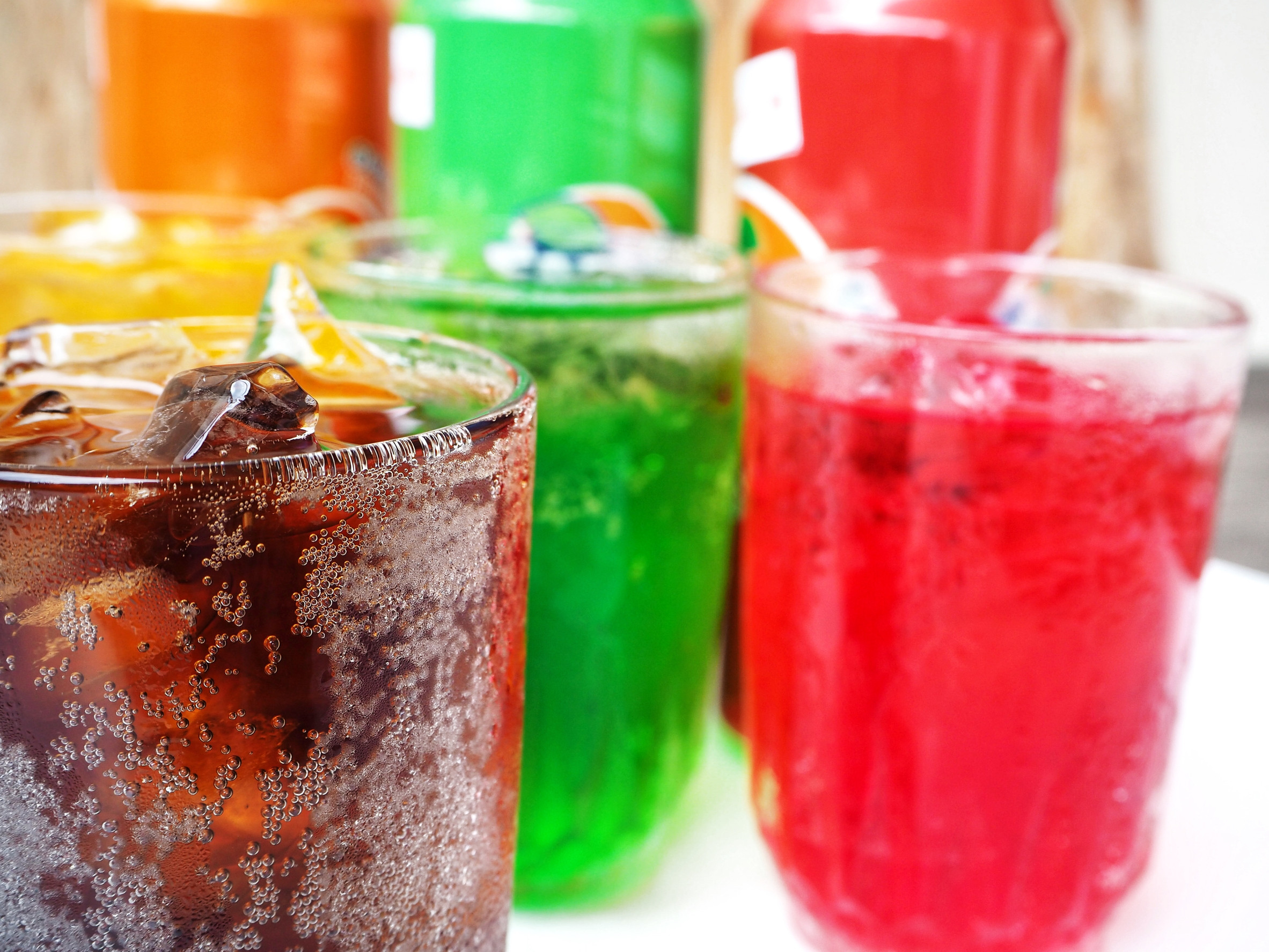Love a fizzy soda with your lunch? You’re not alone, but a growing body of evidence shows that those extra bubbles may come at a hidden cost—premature aging at the cellular level. A large-scale study recently linked sugar-sweetened sodas to significantly shorter telomeres, a key marker for how quickly our cells age. In fact, just one 20-ounce soda a day may speed up aging by nearly five years, comparable to the effects of heavy smoking. Understanding what’s behind this and how to protect yourself could help you feel younger and healthier longer. Let’s unpack the research and what it means for your body.
Soda and the Telomere Connection

Researchers analyzing data from over 5,300 U.S. adults found that each daily 8-ounce serving of sugar-sweetened soda was associated with about 1.9 years of premature aging, based on telomere length. Drinking a full 20-ounce soda daily could increase that biological aging by around 4.6 years, on par with tobacco’s impact. Telomeres are protective DNA caps at chromosome ends; shorter ones mean faster cellular aging. This scientific link highlights that soda’s harm goes deeper than just excess calories—it affects cellular integrity too. The telomere effect was not seen with diet sodas or noncarbonated sugar drinks, suggesting a unique risk from sugary sodas.
Why Sugar-Sweetened Beverages Are Aging You
The key culprit is the high sugar content, which drives inflammation, oxidative stress, and insulin resistance—all known to damage telomeres. Soft drinks typically contain fructose or high-fructose corn syrup, which may be especially harmful metabolically. Studies show that both oxidative damage and chronic inflammation directly shorten telomeres over time. Repeated sugar spikes force the body’s metabolic system into overdrive, accelerating cellular wear and tear. Essentially, sipping soda daily does more than add calories—it actively ages your cells.
Real-Life Health Implications
Shorter telomeres aren’t just a lab finding—they’re tied to greater risks of heart disease, diabetes, stroke, and some cancers. That means your afternoon soda habit could be silently contributing to chronic illness down the road. Global data confirms sugary drinks are linked to millions of new diabetes and heart disease cases each year. While soda alone isn’t the sole cause, it’s a meaningful contributor to broader metabolic harm. Cutting back could slow cellular aging and reduce disease risk substantially.
What Counts as “Too Much”?
You might wonder if an occasional soda is harmless—after all, the studies focus on daily consumption. Research shows that even one soda a day raises biological age by nearly two years, while two or more dramatically increases risks. Public health experts recommend limiting added sugar to under 25–50 g daily—one 12‑oz can of soda already packs ~39 g. Considering sugar’s powerful effects on metabolism and age, moderation—or preferably elimination—is wise. Replacing soda with water, tea, or flavored seltzer is a simple first step toward slowing aging.
Can You Reverse the Damage?

Here’s the good news: telomere shortening isn’t necessarily permanent. Studies show that healthy habits—like stress reduction, balanced nutrition, and exercise—can help restore telomere length by up to 10% over five years. A JAMA Network Open study also linked reducing added sugar by 10 g daily to reversing biological aging by about 2.4 months. Small changes—switching from soda to water, cutting sugary snacks—can add up quickly. You may not gain back all the years you lost, but you can slow the hands of your biological clock.
A Toast to Aging Better—Without the Soda
The evidence linking sugary soda to premature aging is compelling, from telomere shortening to higher disease risk. That daily fizz might be speeding up your biological clock far more than you realized. But the power to slow aging lies in practical choices: swap sugary drinks for water, boost your diet with whole foods, prioritize sleep, and manage stress. Those habits offer real, long-term effects on how your cells age—and how you feel. Instead of reaching for soda, reach for habits that help you stay younger inside and out.
Did you ever think a soda habit could age you faster at the cellular level? How have you switched to healthier drinks? Share your story or tips in the comments—we’d love to hear from you!
Read More
9 Common Drinks That Are Secretly Dehydrating You
Experts Say Don’t Drink Coffee in These 3 States—Here’s Why
The post Think This Drink Is Safe? New Study Links It to Premature Aging appeared first on Grocery Coupon Guide.







